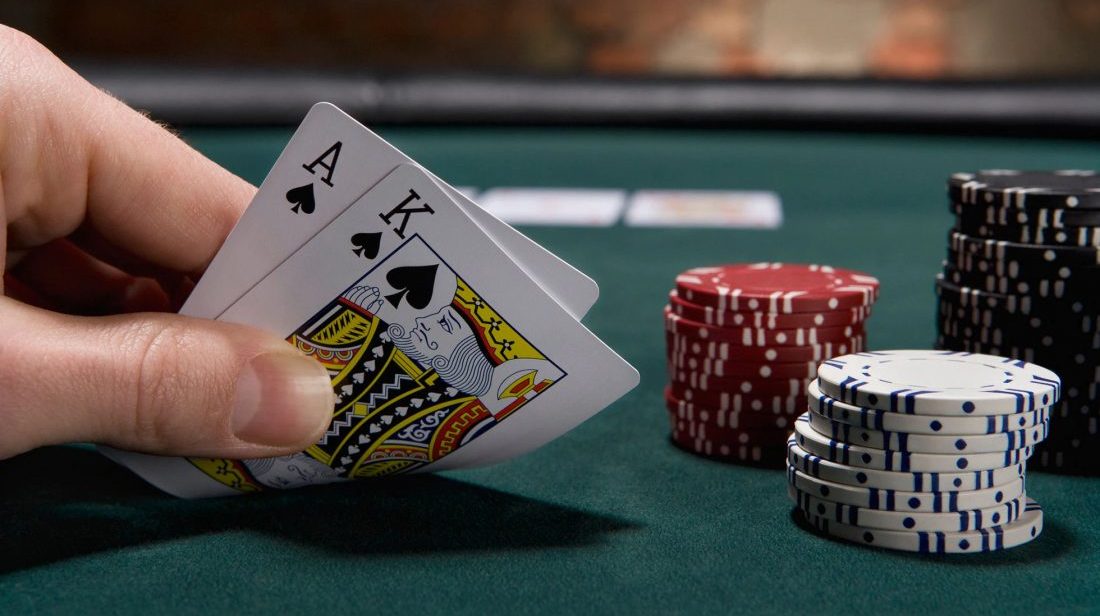
Classification of tilt and how to respond to it
At the mention of such a tricky subject as ’tilt’, do you start to wrinkle and fidget nervously? It’s not the best behaviour for any poker player, where keeping your cool is a particularly prized possession. You might think you already know all about tilts, but we can assure you: we always have something to say about them. The phenomenon of tilts in the game is manifold, as are the ways around them. Even though you know so much about tilts, it’s frustrating to find yourself falling prey to them as the last newcomer time and time again. So, pull yourself together and we’ll reveal to you the most effective ways to avoid the negative effects of tilt.
First, you should clearly understand that tilt is not a hereditary curse or a commonplace “chronic” bad luck. Although, it is with the notorious feeling of bad luck that begins the very feeling of panic that precedes a tilt. That’s the time to say to yourself a categorical “Stop!” and start analyzing your actions and results, which is advisable to record in your personal statistics. The analysis process may take more than an hour, and perhaps if the initial analysis did not help, you will have to return to it again, let’s say over an evening coffee tomorrow.

If you missed that very edge and failed to tell yourself “Stop!” by draining most of your cache, then you find yourself in the role of a primitive phish. All you have to do now is exclaim pathetically “That’s not fair!” even though no one originally promised a fair split of the prize pool with 200% profit for everyone. Don’t you agree it’s funny? Now let’s start analyzing, because saying “He’s just lucky! You’re not going to improve your score.
Remember once and for all, the game is about winning and losing. Repeat this phrase a hundred times, and then maybe you’ll realize there’s something to it. Turn to your personal statistics, because losses, like wins, are only your own merit, or lack of skill. Discard unnecessary worries, stop powdering your head with ashes, take care of yourself.
If you take care of yourself, however, then you are faced with another kind of tilt, where you are attacked by feelings of self-abasement, self-blame, and other not-so-pleasant “selves”. Tilt comes when you, having made a mistake, raise an internal lingering howl on a favourite subject: “How could I!?”
And the last tilt that absolutely everyone goes through and it’s called, “Ah! I’ll show you!” Now remember that revenge is served cold, and in poker, revenge is meaningless, as such. What, to whom, how are you trying to prove? Believe me, the last thing other players care about when playing is what your motives for playing are. And for your own good, let it not be revenge.



